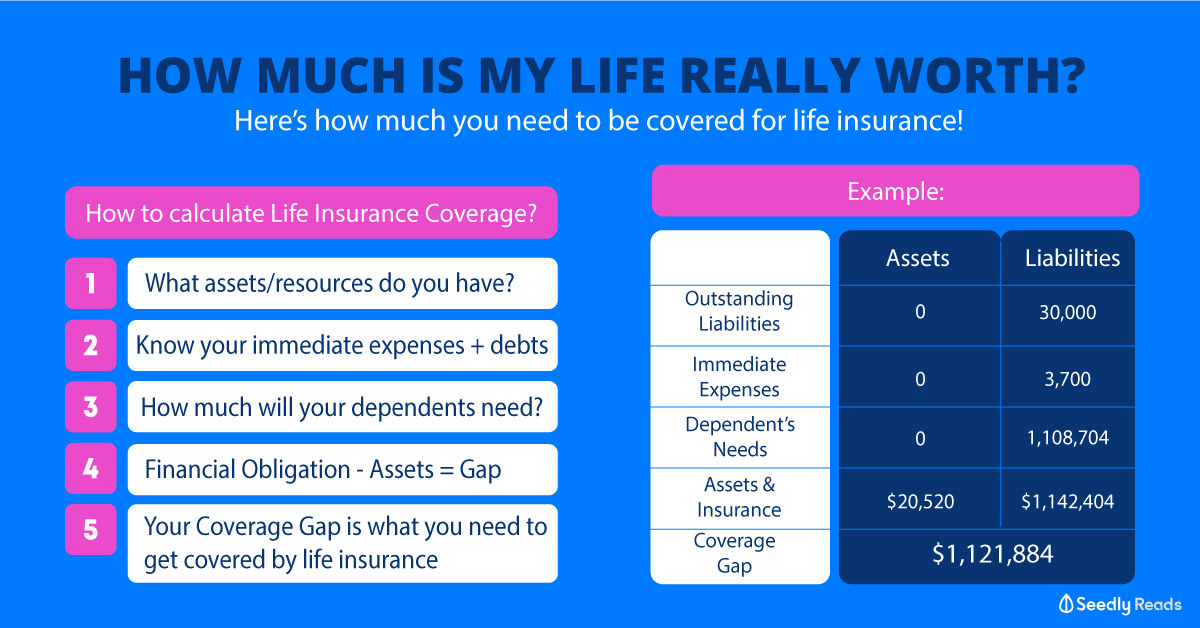Advertisement
Anonymous
I'm 23y/o and i just gotten my first full time job. I have no savings and insurance. How to I build up my life and start saving. How much to save and where to save. How should I allocate my funds.
Just gotten my first full time job
8
Discussion (8)
Learn how to style your text
Tan Siak Lim
12 Jul 2021
CFP. Director, Financial Advisory Group at Financial Alliance
Reply
Save
For starters:
Start saving 50% of your take home pay.
Use the money to do the following in sequence.
Create emergency fund of at least 6 months of expenses or income as soon as possible
Invest in any robo you are comfortable with until the portfolio hits $10,000
With the other 50% of your take home pay.
Use the money to do the following in sequence.
Find the best term insurance coverage for yourself with life, critical illness, hospitalization and personal accident plans
Take up courses that can improve your income earning power either related to your work or interests
Network with your peers, friends, colleagues, seniors etc and get to know them well and learn at least one thing you didn’t know from them
Reply
Save
Elijah Lee
10 Jul 2021
Senior Financial Services Manager at Phillip Securities (Jurong East)
Hi anon,
I'd start with a guideline on how you can spend/save. I call it a 4-3-2-1 rule and it is broken down as follows.
40% should go towards your expenses, maximum. This would encompass your daily expenses like food, transport, bills.
30% should go towards loan repayments, maximum. Now, in the event where you don't have loans to repay (e.g. no house yet), you can channel that 30% to either expenses or save/invest, so there's a bit of wriggle room there. I'd suggest that you channel any excess from this section to
20% should go towards saving/investing, minimum. As you have no savings, then channel this towards building up your emergency fund to hit 6 months and eventually, 12 months of your expenses. In today's economic climate, even people in their late 20s can get retrenched and you don't want to be caught without a backup plan.
10% should go towards obtaining insurance coverage, maximum. This 10% that you spends will not make you rich, but it will prevent you from being poor due to unforseen events.
With regards to insurance needs for a fresh grad, the whole purpose is to protect the most valuable thing you have: Your income earning ability.
What you need to consider is as follows:
Hospitalization plan. This covers any hospital bills and associated pre/post hospitalization costs. This would be from an integrated shield plan, with a rider to take care of the deductible/co-insurance. Depending on your budget, you can take a private hospital plan and downgrade later, or just go for Goverment A ward.
Critical Illness. This provides a sum of money for you to cover your day to day expenses (ongoing needs) and other out of pocket costs (immediate needs) should you fall critically ill and are not able to work. Usually I would recommend to cover for an amount that is at least 5 years of your expenses with an additional sum to cover the out of pocket expenses. This can be via a limited payment life plan, or a term plan, or a multipay plan, depending on your budget/needs. Many insurers offer such plans but not all plans are similar and you should take time to understand the differences, for example, scope of coverage, payout structure, premiums, etc.
Death/TPD. This provides a lump sum of money should something happen to you. Not mandatory if you have no dependents or liabilities. Coverage usually takes the form of a term plan if you eventually need one. For the coverage amount, you could use a multiple such as 10 x of your current income, or calculate based on your current liabilities.
Personal Accident. For the minor stuff like TCM claims, etc.
Take things one step at a time and sort out the basics first. Once you do that, you will have a peace of mind and can move on to the next stage in 'adulting'.
Reply
Save
Jay L
03 Jul 2021
Millennial at some company
Lay the foundation:
Insure/Protect: If company doesn't provide insurance, start getting Hospitalisation & Surgery (H&S) insurance (and a term life, depending if there's any dependents).
Emergency fund: 6 months of pay at least, then
Invest: start small, consider starting with a robo-advisors like Syfe and Stashaway. Depending on how much you start with, look for those with a smaller fee for your amount.
Reply
Save
Try to start with a goal for example 50k savings by 30. Then work backwards, so example 50k / 7 year...
Read 3 other comments with a Seedly account
You will also enjoy exclusive benefits and get access to members only features.
Sign up or login with an email here
Write your thoughts
Related Articles
Related Posts
Related Posts
Advertisement








Since you are so young, I am assuming you have no dependents, no liability and living with your parents. If this is true, you should aim to save / invest about 40% of your monthly income. Another 5% - 10% spend on insurance. And not more than 50% on living expenses. For investment, you need to seek out a qualified financial adviser, cannot advise here.